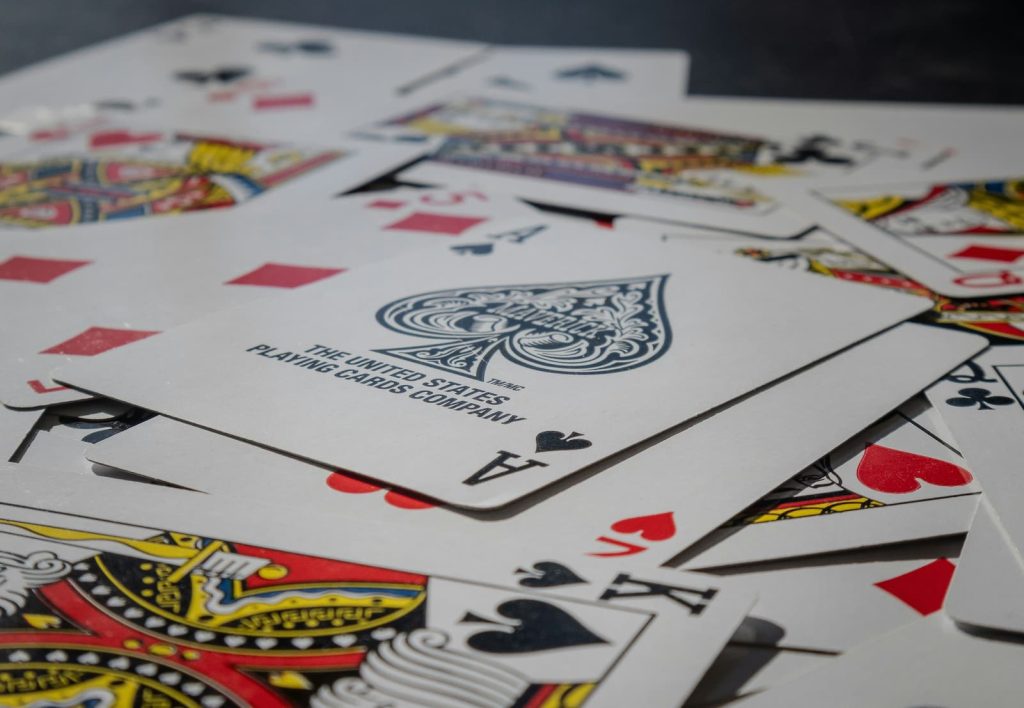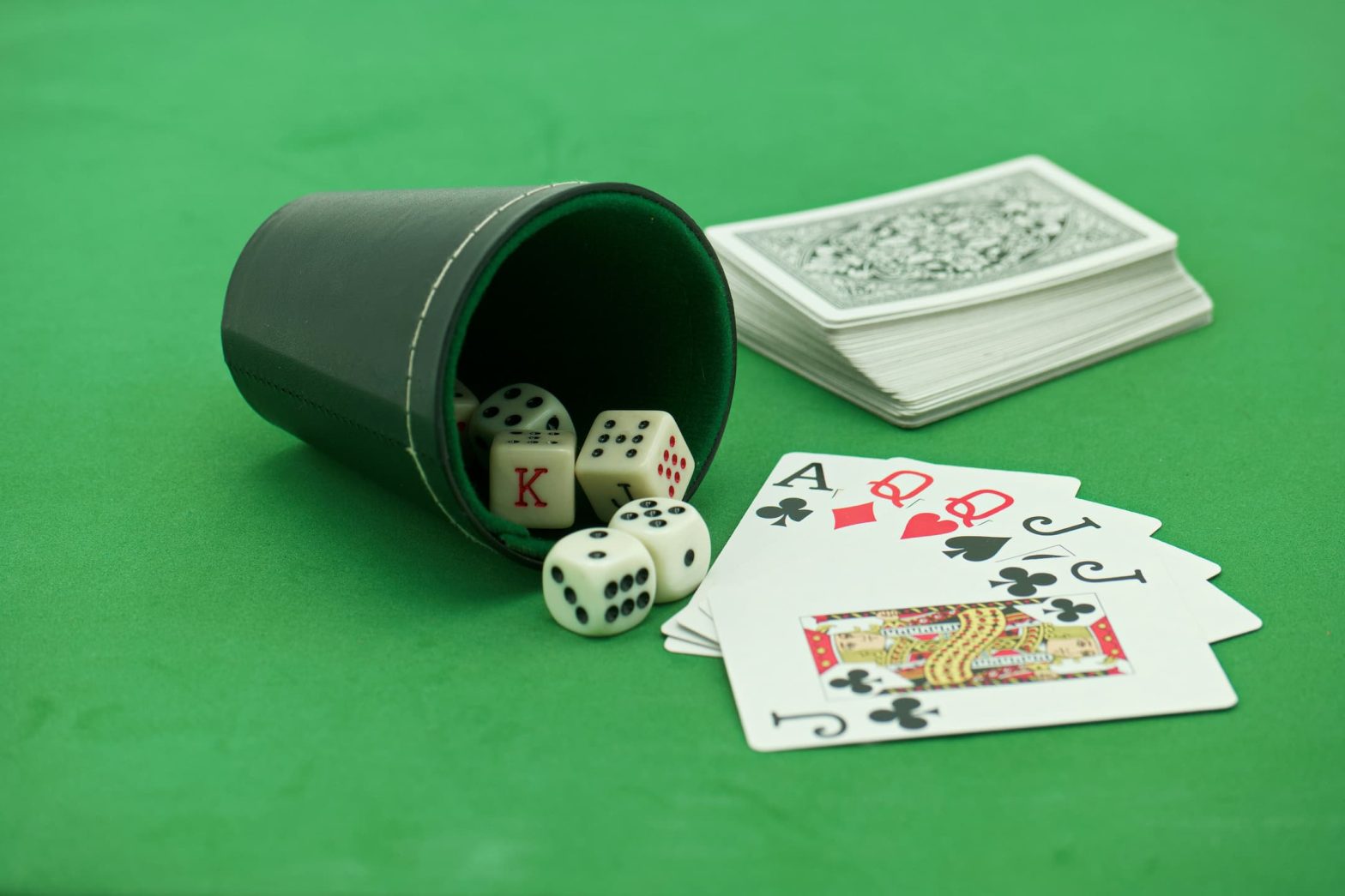Casinos are built to make players spend more. One of their best tactics is offering free drinks and VIP perks. These gifts seem generous, but they have a purpose. They lower inhibitions, encourage longer play, and create a sense of obligation. This keeps gamblers coming back.
TonyBet and other casinos understand human psychology. They use it to their advantage. In the end, the house always wins.
Lowering Inhibitions with Free Alcohol
One of the biggest casino perks is free alcohol. Whether you’re at the slots or a poker table, drinks cost nothing if you’re gambling. It seems like a kind gesture, but it’s not. It’s a psychological trick. The goal is to make players spend more and take bigger risks.
Alcohol and Decision-Making
Alcohol affects judgment and decision-making. Studies show it lowers self-control and increases impulsivity. This makes people more likely to take risks.
In a casino, gambling is already risky. Free alcohol makes it worse. A slightly intoxicated player might:
- Bet more than they planned.
- Play longer than intended.
- Chase losses to win money back.
- Lose track of their spending.
Casinos know this. Free drinks push players toward riskier bets, increasing the casino’s profits.
The Illusion of Generosity
Casinos present complimentary drinks as a token of appreciation for their patrons. However, these drinks come at a hidden cost—players tend to lose more money as their inhibitions decrease. This illusion of generosity makes gamblers feel valued, which, in turn, increases their loyalty to the casino.
The Psychology of VIP Comps and Status Perks
Beyond free drinks, casinos employ an even more sophisticated psychological strategy: VIP comps. These include exclusive benefits such as free hotel stays, luxury dinners, concert tickets, and access to high-roller lounges. While these rewards seem like gifts, they are carefully designed to reinforce a cycle of gambling.
The Reciprocity Principle
One of the strongest psychological forces at play is the reciprocity principle, which suggests that people feel compelled to return favors. When a casino offers a gambler a free suite or a lavish meal, the player subconsciously feels indebted. To “repay” the kindness, they often continue gambling, often at higher stakes than before.
This principle is so effective that many players do not realize they are spending far more money than the value of the perks they receive. For instance, a casino may offer a high-roller a $1,000 complimentary dinner, but that same player may have lost $20,000 at the blackjack table.
The Power of Status and Exclusivity
VIP programs also tap into the human desire for status and exclusivity. Many casinos have tiered loyalty programs, where gamblers earn points and unlock higher levels of rewards the more they play. These tiers come with special benefits such as:
- Priority reservations at restaurants and shows.
- Exclusive gaming areas with personalized service.
- Dedicated hosts who offer tailored experiences.
These status symbols make players feel important, reinforcing their loyalty to the casino. The psychological need to maintain this elevated status often drives players to gamble even more to retain their VIP privileges.
Commitment and Sunk Cost Fallacy
Once a player reaches a certain VIP level, they may feel compelled to keep gambling to maintain their status. This behavior is partly explained by the sunk cost fallacy, where individuals continue investing time or money into something simply because they have already put so much into it.
For example, a player who has achieved a high-tier loyalty status may justify additional gambling by thinking, “I’ve already spent so much to reach this level—I might as well keep going to maximize my benefits.” This mindset benefits casinos, as it keeps players engaged for longer periods.
The Subtle Science of Casino Hospitality

Casinos invest heavily in creating an atmosphere that encourages spending. Free drinks and VIP comps are just two elements of a broader strategy that includes:
- Ambience and Design – The absence of clocks and windows, as well as carefully curated lighting and music, helps gamblers lose track of time.
- Near Misses and Psychological Hooks – Slot machines are programmed to create “near-win” scenarios that keep players engaged.
- Ease of Access to Gambling – ATMs and credit lines ensure players can keep playing even after depleting their funds.
Each of these tactics works in tandem to keep gamblers entertained while subtly influencing their behavior.
How to Stay in Control
While casinos are experts at leveraging human psychology, players can take steps to maintain control over their gambling habits:
- Set a Budget and Stick to It – Determine how much money you are willing to lose before you start playing.
- Be Aware of Alcohol’s Effects – Limit your intake of free drinks to maintain better decision-making.
- View Comps Objectively – Recognize that perks are designed to keep you playing, not as true gifts.
- Take Breaks – Stepping away from the casino floor allows you to reset and reassess your spending.
- Use Time Limits – Set an alarm or reminder to prevent yourself from losing track of time.
Influencing Behaviors
Casinos have perfected the art of influencing behavior, and free drinks and VIP comps are just two of their most effective tools. While these perks create the illusion of generosity, they are ultimately designed to encourage higher spending and longer play.
Understanding the psychology behind these incentives can help gamblers make more informed choices, ensuring that they stay in control rather than falling into the subtle traps of casino hospitality. By recognizing these strategies for what they are, players can enjoy their time in casinos while avoiding the pitfalls of excessive gambling.
